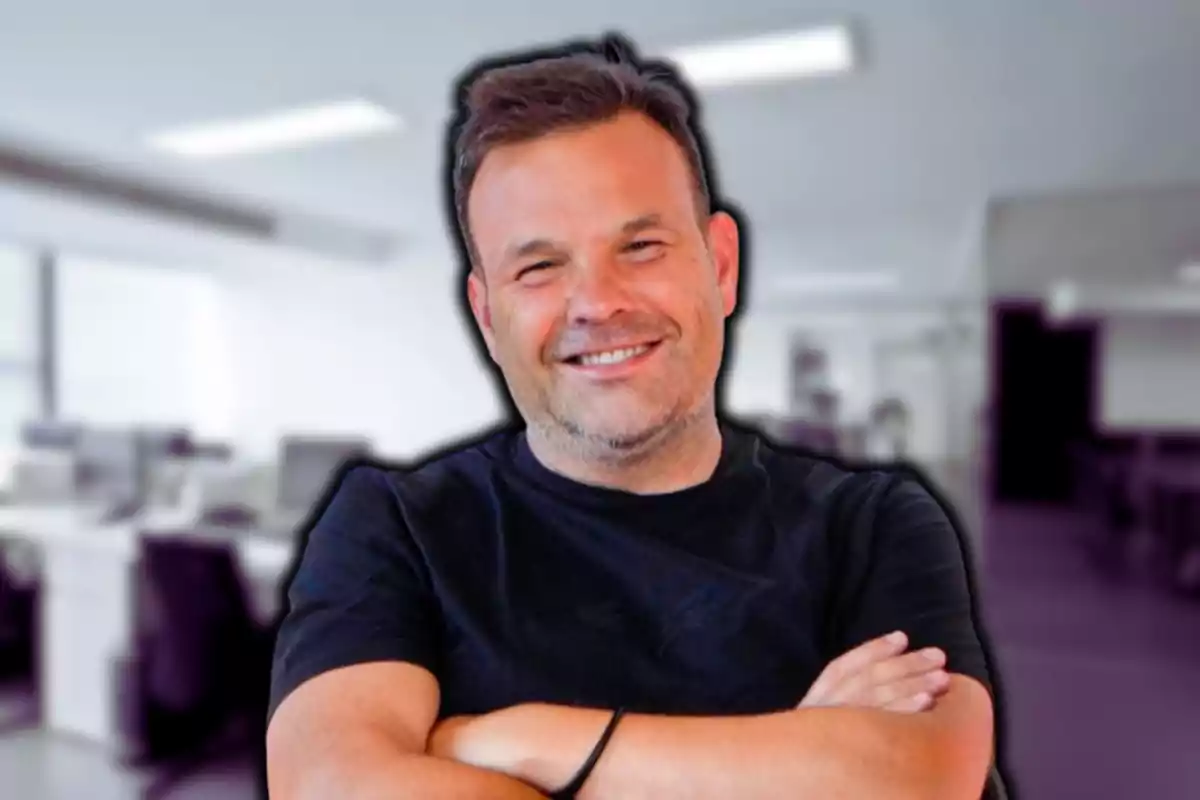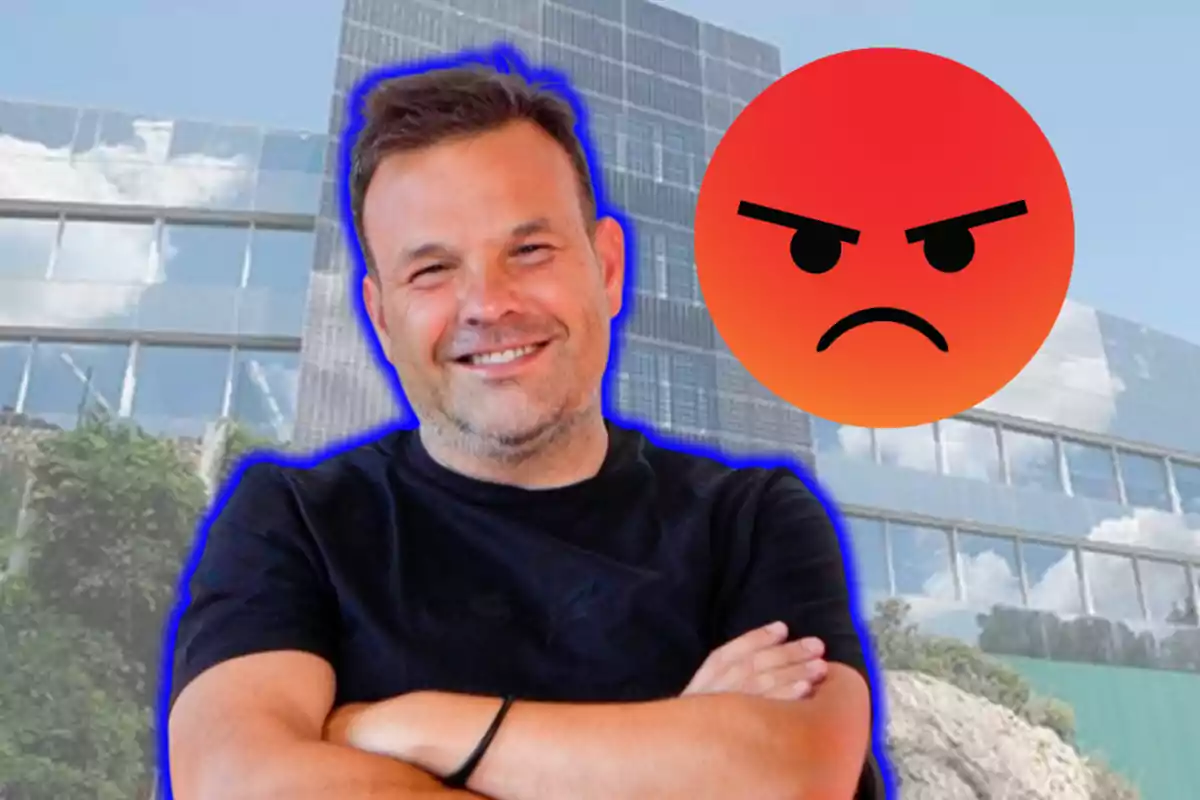José Elías, one of the most well-known entrepreneurs in Spain, has caused a stir following his statements on the podcast Búscate la vida. In it, he denounced the critical situation that freelancers in the country are experiencing: "Everyone I know is screwed." These words have ignited debate on social media and in the press.
This is not the first time Elías has spoken out on labor issues, but this time he has done so with a much more direct and combative tone. Elías, a leader in major investments in energy and mobility, asserted that starting a business in Spain is practically an act of heroism. "The first five years are about going hungry."
A system that doesn't forgive mistakes
The entrepreneur lamented that the fiscal and legal conditions punish freelancers from day one. "They force you to pay without having earned a euro. And if you fail, there's no safety net to catch you," he added. He also highlighted the inequality between employees and freelancers.

"Where are the paternity rights, the free weekends, or the 37 and a half hours? That doesn't exist for us." Far from speaking theoretically, Elías emphasized that his words are based on experiences in his environment. "I don't see any freelancer working less than 12 hours or making it to the end of the month," he said with concern.
The risk of entrepreneurship today in Spain
The entrepreneur's statements are not anecdotal. According to recent data, more than 60% of new freelancers abandon the activity before three years. The lack of support, fiscal pressure, and legal insecurity are key factors. Elías warns that this situation not only harms the entrepreneur but the entire productive fabric of the country.

"Without freelancers, there's no innovation, no employment, no future," he stated. From his perspective, being an employee is much more profitable and secure. "They pay you every month, you have rights, vacations... Being a freelancer, on the other hand, is surviving, not living," he summarized on his podcast.
A critique that goes beyond complaint
The entrepreneur didn't just criticize: he also proposed the urgent need for reforms. "Either we change the rules or the system bleeds out. You can't demand the same from someone without stability as from a large company," he explained. In his words, there's a hint of a call to the legislator: less bureaucracy, more incentives, and above all, a model that doesn't penalize the small.
"We must understand that without small projects, there are no great achievements," he concluded. Various freelancer groups have supported his words, considering them an uncomfortable truth that few dare to say out loud. The podcast video already has thousands of views.
The final revelation that shakes the sector
But the most shocking part of his intervention came at the end: José Elías confessed that he himself, despite being a millionaire, would never start from scratch as a freelancer in Spain again. "I wouldn't do it. I went bankrupt once and know what it's like, but today it would be even more difficult. With this system, they kill you before you're born as an entrepreneur."
That statement, made with conviction, is seen by many as a reflection of an alarming truth: if someone with success, resources, and contacts advises against going solo, what hope is there for someone just starting out?
Elías's words have served as a megaphone for a reality that hits hundreds of thousands of people every day. Meanwhile, the debate grows, and the system continues to offer no real answers to those who decide to create value on their own.

